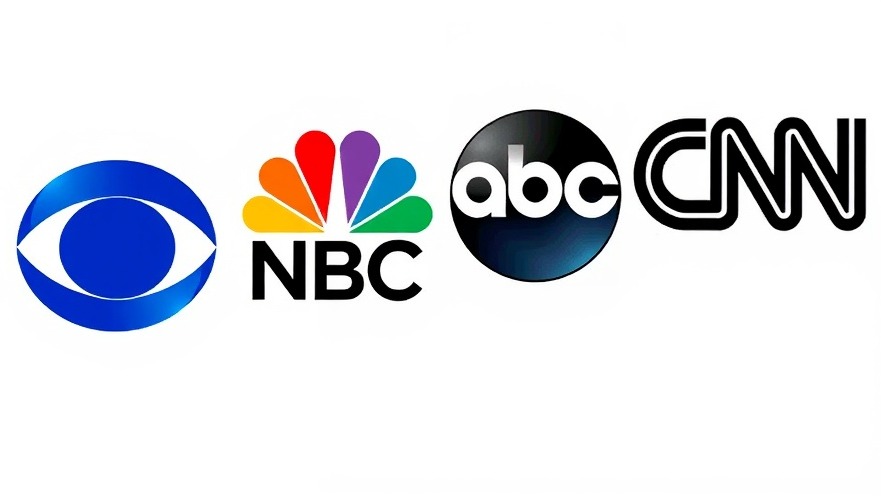
Stuck in 2017: The Media's Recurring Narrative
In an era marked by rapid changes and evolving public sentiment, it seems that certain segments of the media have hit a time warp, reverting to talking points and narratives reminiscent of 2017—a time when Donald Trump's presidency was both controversial and captivating. As Dan Gainor highlights, this regression may stem from a lack of fresh content and a desperate attempt to reignite the fervor that once dominated political discourse.
This phenomenon isn't just a quirk of the news cycle; it reflects deeper issues in how journalism is practiced today. In a world where sensational headlines often outrun facts, many news organizations prioritize clickbait over comprehensive reporting. As a result, discussions that could delve into substantive policies or current events are frequently overshadowed by recycled commentary on Trump’s past actions and controversies.
The Relevance of 2017 Today
Why, after several years, are we still circling the same talking points? Several factors contribute to this:
Media Ratings and Engagement: During Trump's presidency, the media landscape was transformed, with viewership soaring for outlets that broadcasted political news. The reported adrenaline of covering Trump’s lows and highs forced networks to seek the drama, an approach that seems more viewing-party than editorial. This tactic of sensationalism extends to social media platforms, where the loudest voices often drown out nuanced discussions.
Political Polarization: The country is more divided than ever, with media often reflecting and amplifying these divisions for ratings. In the pursuit of engagement, many outlets find themselves sharing voices that resonate with their audiences rather than countering misinformation or offering balanced perspectives.
Fear of Losing Relevance: As the political landscape shifts, news outlets can fear losing their audience, and this prompts a return to familiar narratives that once secured high ratings in the past.
What This Means for Future News Coverage
The implications of this critical approach to journalism include several troubling outcomes:
Oversimplification of Issues: As coverage stabilizes back to that singular focus on Trump, vital new stories and issues go uncovered, leaving audiences misinformed. The media's responsibility is to present a range of topics that foster informed citizenship but instead highways to sensationalism shrinks the news to one narrative.
Missed Opportunities for Growth: By clinging to 2017's topics, the media neglects to evolve alongside society. In contrast, readers and viewers are constantly changing; they seek diverse narratives and fresh topics that reflect their rich experiences and perspectives.
Shaping Public Perception: Media plays a critical role in shaping public attitude and perceptions. Narrative cycling and recycled tropes lead not only to disengagement but also to a misinformed public that cannot engage fully with the political process.
How the Audience Can Regain Control
In a media landscape dominated by repetitions, the power lies with the audience. Here are some steps for those craving more dynamic interaction with the news:
Diversifying News Sources: Seek a variety of news outlets to form a well-rounded perspective. Balancing views helps to combat the bias inherent in partisan reporting.
Engaging in Dialogue: Challenge both media outlets and peers alike to go beyond the headline. Fostering conversations about a wider array of subjects cultivates a more informed community.
Critical Consumption: Viewers and readers must question media narratives and remain aware of the larger context surrounding national issues. Critical thinking enhances engagement and fosters a more informed populace.
Conclusion: Seeking New Narratives
The media's captivity in the past emphasizes a larger need for an evolved, forward-thinking press that is willing to address current affairs accurately and comprehensively. While the year 2017 may hold nostalgic value for some, it should not dictate the limitations of contemporary journalism.
As we navigate through complex modern political landscapes, it is crucial for us, as engaged citizens, to challenge both ourselves and the media to deliver more than just recycled headlines. Let's foster a focus on the layered narratives that reflect our current realities and empower informed discussions about our future.
 Add Element
Add Element  Add Row
Add Row 



Write A Comment